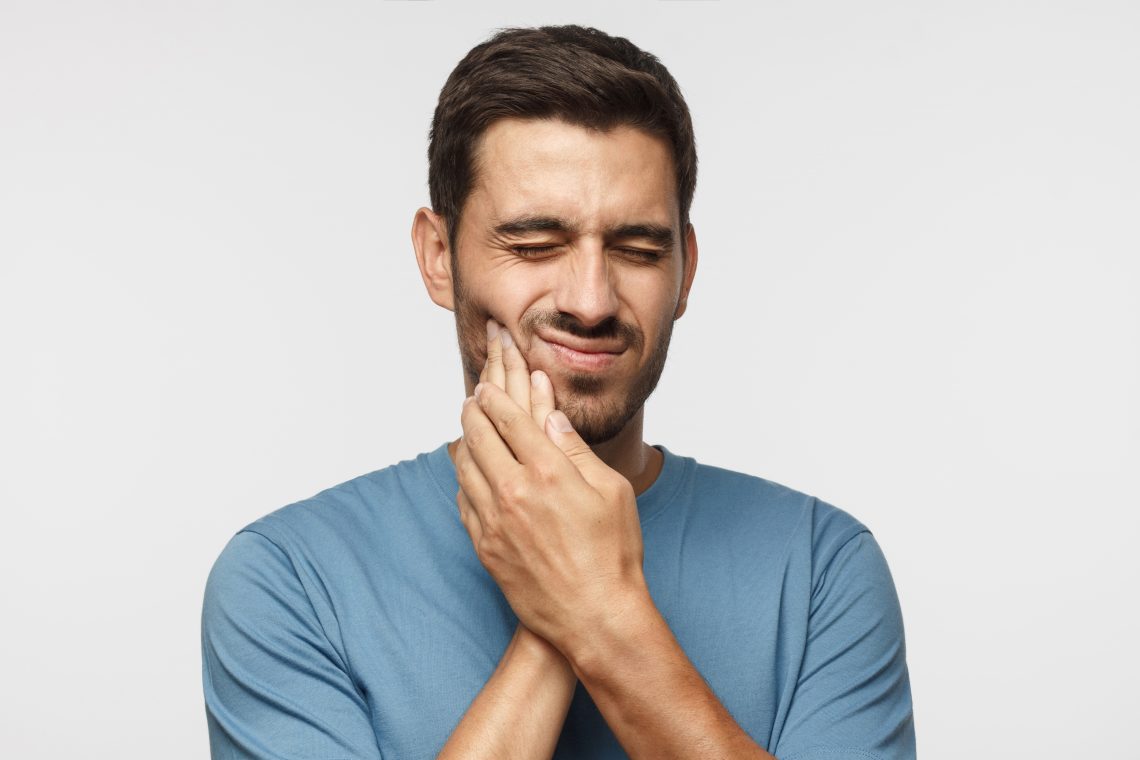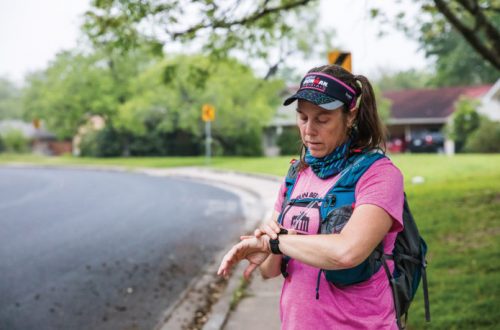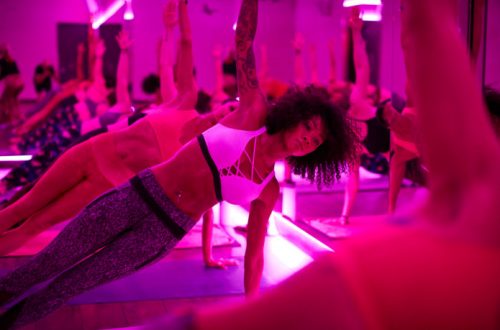
The Basics of Bruxism
Sitting in the office of Honest Family Dental is a teddy bear Pomeranian that keeps patients calm during their medical procedures and is also known as the office antianxiety dog, Winnie. According to Dr. Ameet Trivedi, a dentist at Honest Family Dental, a lot of his patients suffer from dental anxiety, so Winnie is an essential addition to the office.
You probably haven’t heard of the medical term called “bruxism” before, even though so many people have it or have had it. Bruxism is the term used to define teeth grinding or “the clenching of the teeth” which can happen both consciously and subconsciously and can affect people of all ages.
Trivedi says he finds bruxism to be a common issue among his patients. He even found that half of his patients suffer or have suffered from bruxism at one point or another during their lifetime.
“It all starts with primarily anxiety or hyper stimulation,” Trivedi says. “But most of teeth grinding always stems back to anxiety.”
As more people are getting on antianxiety or antidepressant medications than they were 10 years ago, it’s not surprising that there has been a growing number of people getting diagnosed with bruxism, Trivedi says.
According to the American Psychological Association, chronic stress is becoming a public health crisis, and 44 percent of Americans reported that their stress has increased over the past five years.
“These are the same people who also have a high correlation of bruxism, whether it’s nighttime, which is nocturnal bruxism, or regular daytime, general bruxism,” Trivedi says. “So yes — anxiety-induced.”
Usually, those who are diagnosed with bruxism will either clench their teeth aggressively in the daytime or grind their teeth together at night — or even participate in both instances, depending on how much stress a person is under, Trivedi says.
People who have nocturnal bruxism, and do not know they have bruxism, often find out when their partner hears them grinding their teeth during the night. However, those who do not have a partner to tell them can experience symptoms such as waking up with a sore jaw, Trivedi says.
In addition, bruxism patients can also experience headaches and hairline fractures in their teeth which can lead to pain, temporomandibular joint disorder (TMJD) and eventually the overall breakdown of their teeth.
“I actually call bruxism a disease for the simple fact that the word ‘disease’ means dis-ease — your body is not in harmony, and therefore, it’s not in ease,” Trivedi says. “And when things are in ease, it’s healthy. If it’s not in ease, it’s in dis-ease — it’s not healthy.”
To help cure his patients, Dr. Trivedi addresses and focuses on caffeine consumption, anxiety reduction and their quality of sleep.
According to the Journal of the American Dental Association, sleep, or nocturnal bruxism, seemed “to increase almost two times for those who drank alcohol, almost 1.5 times for those who drank more than eight cups of coffee per day, and more than two times for those who were current smokers.”
“When you overstimulate your nervous system and you’re already under stress, you’re so over-ramped up that your nervous system no longer has the capacity to chill out. So, your body finds different ways of mitigating that stimulation. Grinding and clenching is one of the ways your body does that,” Trivedi says.
Even though most people surpass this amount on a daily basis, Trivedi recommends limiting caffeine consumption to under 80 milligrams a day. This simple step of reducing caffeine intake will dramatically reduce people’s stress and anxiety.
“Your body’s capacity to work within a normal stress response is better,” Trivedi says. “So, generally when it doesn’t work for patients, I find out it’s because they haven’t even touched the caffeine part.”
Since his bruxism patients are so stimulated, Trivedi recommends an acrylic night guard to help decrease the damage of their teeth at night, but this is not his only recommendation.
After addressing stimulation intake, Trivedi’s next step is to reduce his patient’s anxiety level.
“Using a hard night guard is a band-aid. It does not fix the underlying issue — which is anxiety. So, I went to the source: How do I decrease your anxiety the most natural way?”
Unlike most dentists, Trivedi recommends CBD, or cannabidiol oil, to reduce his patients’ anxiety naturally and help them feel more restful before bed.
“There’s a system in your body called the ECS, endocannabinoid system. When you’re constantly under stress, you deplete it,” Trivedi says. “So, when you add CBD back, your ECS system allows you to handle stress and have more of a calmness.”
Finally, Trivedi focuses on his patients’ sleep quality. As some of his patients have nocturnal bruxism, getting a peaceful and restful sleep is crucial for the treatment process. Trivedi recommends drinking chamomile before bedtime, having a routine and limiting blue-screen time.
“I like that — you know, getting people back to balance and fixing diseases and getting people back to health,” Trivedi says.




